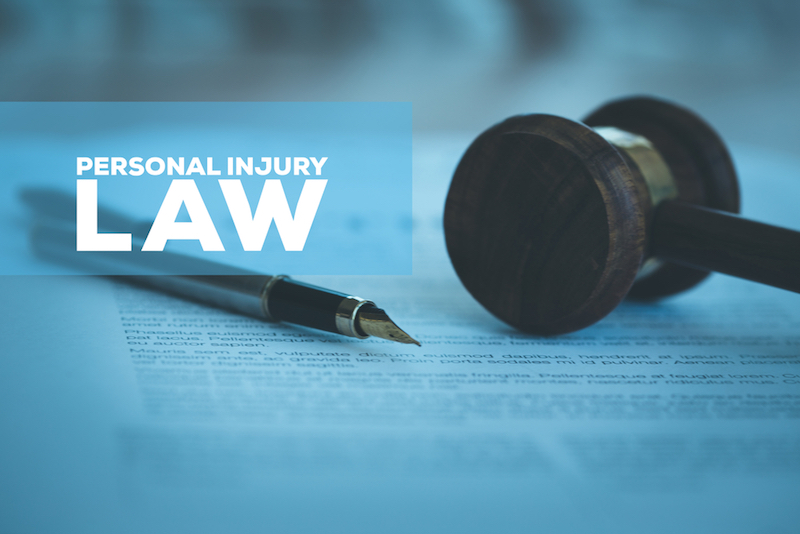How to Determine Whether You Have a Personal Injury Case, According to Lawyer Alexander Petraglia
Content provided by legal writers
After a car accident, it can be challenging to navigate all of the legal documentation necessary for law enforcement and insurance companies. If you sustained any injuries, you’d need to determine whether you have a viable personal injury case and can file a claim. In this article, experienced attorney Alexander Petraglia shares some of the signs that you have a valid personal injury case on your hands and how to proceed.
Determining Fault
The first factor to consider is who was at fault for the accident. If you called the police at the time of the accident, a police report could help make this determination. If it is not clear or someone disputes liability, it may require the court’s involvement.
Ultimately, suppose another person is responsible for the accident. In that case, even if they have insurance coverage, you may be able to file a personal injury case for any damages that exceed what the insurance will pay. If you are determined to be at fault for the accident, you will likely be responsible for your injuries, although it depends on the specific laws in your state regarding the responsibility.
Injuries
As the name implies, a personal injury case requires some personal injury. Many people only think of physical harm from a car accident when they hear the term, but it can also apply to a mental or emotional damage caused by an accident. For example, if your injuries caused a deep depression because you could not work, you would likely have a reason to pursue a personal injury case.
In most cases, some sort of physical injury must be present to proceed with a personal injury case. Presenting the details of your car accident, medical care, and expenses to an attorney like Alex Petraglia can help you know whether your case is likely to be valid.
Sometimes, providing the proper evidence for proof of injury can be complicated. For example, if someone injured in a car accident had back issues beforehand, which the accident then exacerbated, a lawyer will know how to present the complete picture of the injury. They can show that the liable party was still responsible for the new back issues and the expenses that came along with them.
Negligence
The third and most important aspect of a personal injury case is to prove that the responsible party acted negligently, which in turn caused your injury.
A basic example of negligence would be if the driver responsible for the accident were drunk when the accident happened. Because that driver had an obligation to act responsibly and failed to do so, they would be considered to be negligent.
Similarly, if a truck driver ran a red light and struck another vehicle, causing injuries to others, they would be negligent. In the eyes of the law, because the truck driver failed to stop when he was legally required to do so, he was unable to have the appropriate duty of care to other drivers on the road.
Sometimes negligence can be challenging to prove to the degree required for a personal injury case. That’s why it’s a smart move to hire a lawyer. Lawyers like Alex Petraglia have the knowledge and experience necessary to evaluate your case and advise you whether you should proceed with a personal injury claim or accept a settlement from insurance.
Alexander Petraglia is a licensed criminal defense and family attorney who views his relationship with clients as a sacred bond. He currently works at Deters Law Office and has experience in both criminal defense and civil suits. He has strong interpersonal skills and expertise in investigating cases through interviews and site visits. When he’s not working, Alexander likes hiking with his dog and volunteering with stray animal adoption programs and local food pantries.
This content is provided by an independent source for informational purposes only and does not contain legal advice. Consult an attorney or financial advisor when making decisions. This information is provided by legal writers and does not reflect the views or opinions of The Daily Sundial editorial staff.





